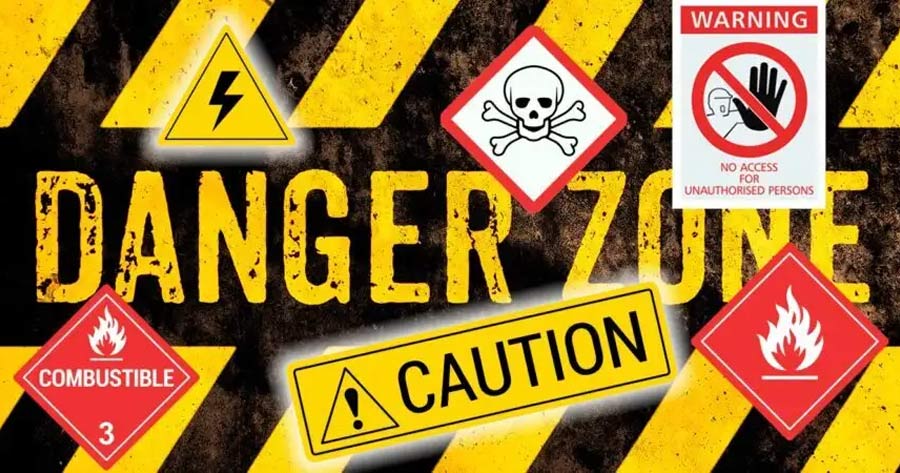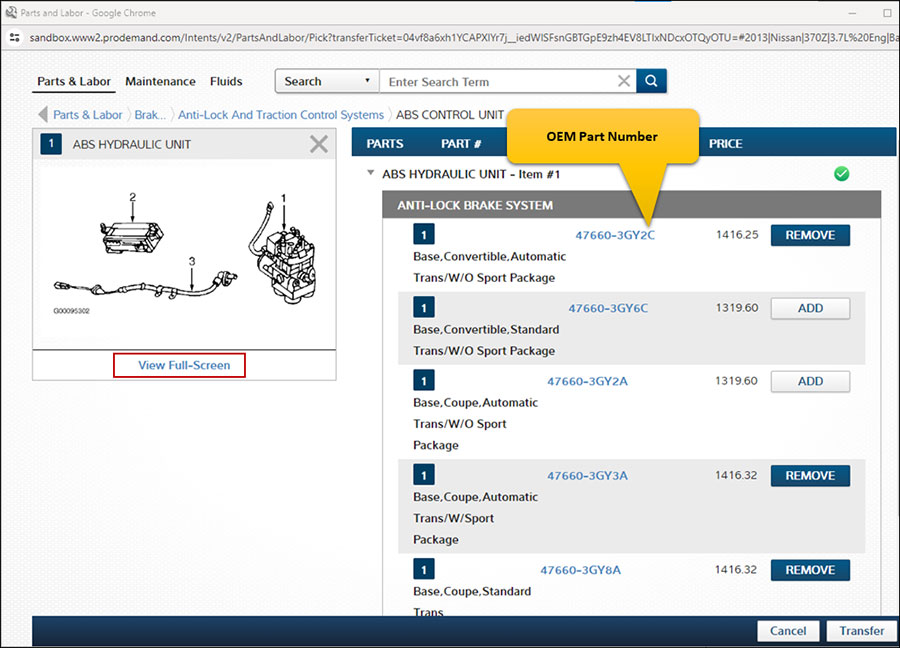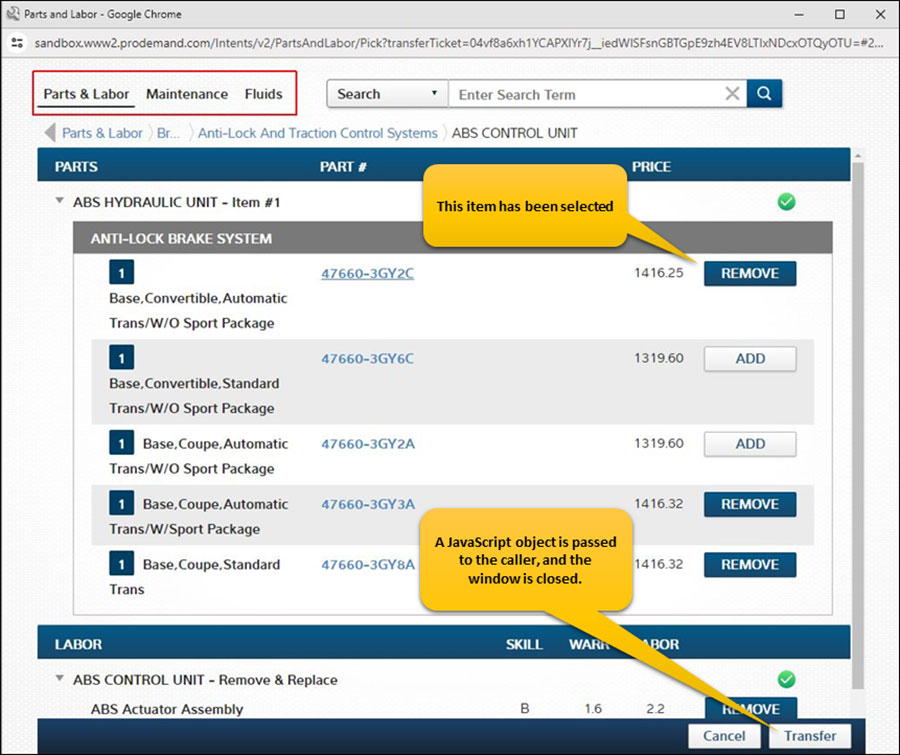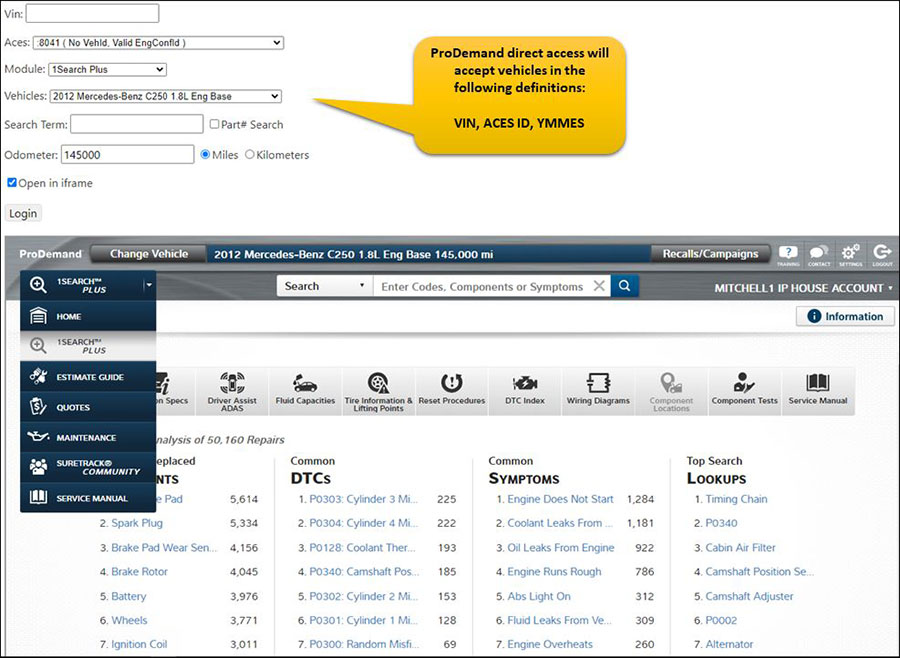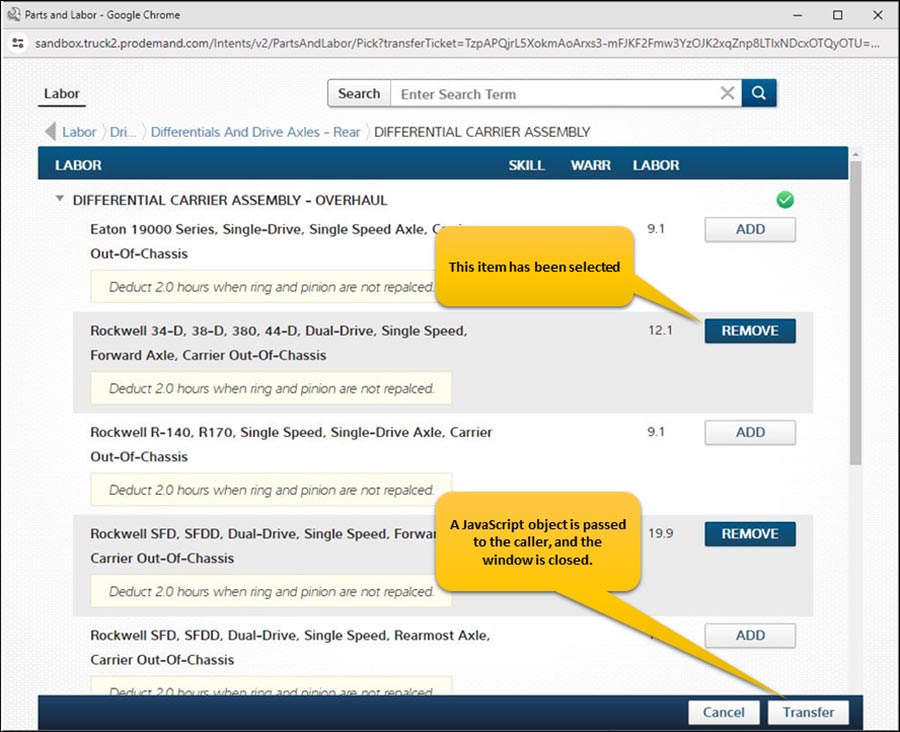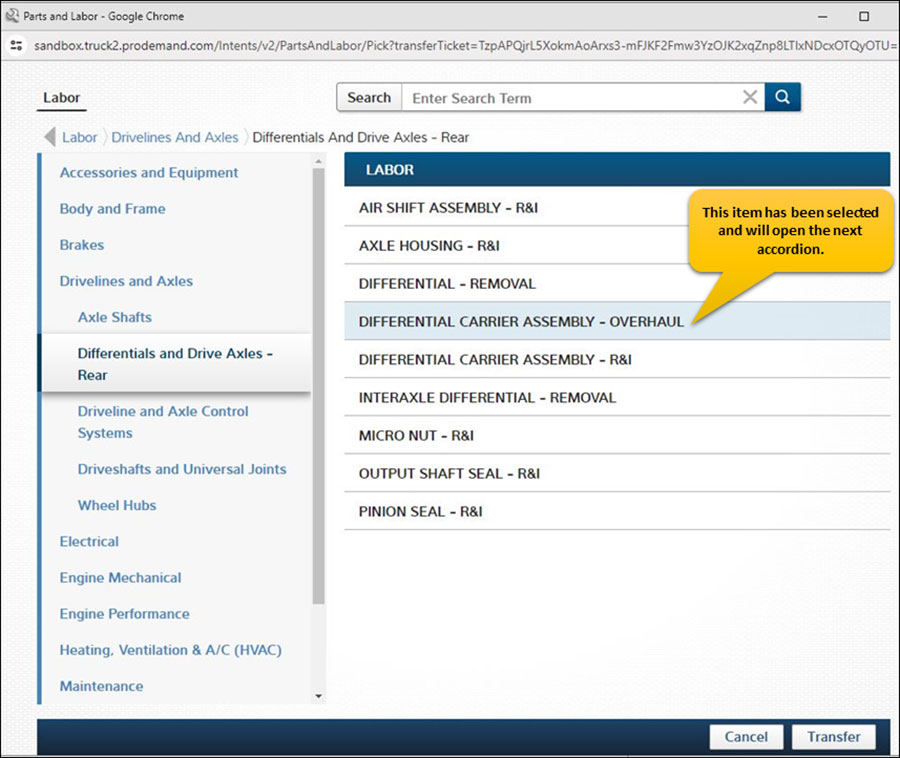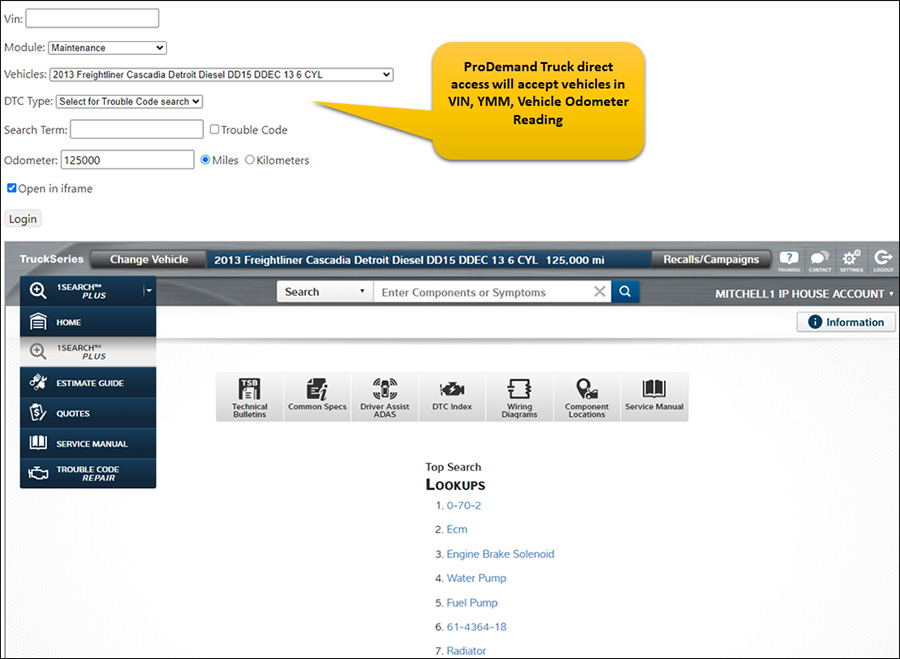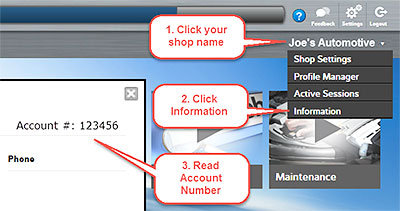Slow down, stop shortcutting, and other tips to keep you safe when servicing heavy-duty vehicles.
There are many potential hazards in a truck repair shop. Vehicles being moved in confined areas, heavy objects, sharp objects, chemicals, and technicians carrying out tasks account for a few areas where dangers exist and accidents happen. Quite frankly, the shop is like running through a minefield. For the inexperienced, the dangers may be hidden from view.
Those “No unauthorized persons beyond this point!” signs posted outside of the shop area do more than keep inquisitive customers off the shop floor. Most technicians are accustomed to the hazards and take appropriate precautions. Nevertheless, even with experience, awareness to, or more likely a reminder of, the possible dangers in the shop is vitally important for keeping everyone safe.
What does the shop floor look like?
In a busy shop there can be multiple jobs going on. With each job, there may be assemblies removed from the vehicle and set aside, fluid spills, tools, and air hoses in each service bay. While the tech working in the immediate area likely knows where the potential hazards reside, accidents can still happen.
Unfortunately, other techs and service personnel do not have the advantage of knowing where the floor may be slippery or other hazards. Thus, it is a good practice to clean up spills as quickly as possible. Footwear with oil-resistant soles can be helpful in areas with spills but does not negate the need to clean up spills. For removed components, a large cart can be helpful in keeping them out of the way. But if a cart is not practical, select a location out of the walkway to set them aside.
How do I lift heavy or awkward objects?
When working on vehicles there are those objects that are obviously too heavy to lift, and the tech turns to the appropriate lifting devices. Many will have heard the phrase “Speed Kills.” Hurrying and trying to shortcut is one of the easiest ways to get hurt. Thinking it would take too much time to go get adequate help or a lifting device is a good time to stop and reconsider the need for help. Just because you can lift something doesn’t mean you should lift it. An injury can last a lifetime or end it much sooner than expected. Take the time to size up the job. Review the service information to see if there are any unique lifting precautions to take when doing the service work.
Where? What? How?
Eye and hearing protection were rarely considered in the shops I started working in 40 years ago. Sure, if a steady rain of debris was falling from overhead, you might take the time to go get some goggles. More likely you would squint and turn your head to avoid as much junk as possible. Then, running air tools, especially an air hammer, might get pretty loud but my ears will probably only ring for a while after.
Ah, the myths we tell ourselves! All these years later, my eyes are scarred and my ears never stop ringing. While there may well be other factors that could be attributed to the damage to my sight and hearing, I am confident that not wearing proper eye and hearing protection were major contributors to my sight and hearing issues today.
Distractions
Being distracted when working in the shop can lead to disaster. With vehicles moving around, technicians working, and conversations going on, there is a lot happening. It is vitally important to know what is going on in your work area as well as in the surrounding work areas. It is also helpful to let others nearby know whenever work to be carried out could be a hazard. If everyone in the shop can work together to keep one another safe, all will be better off for the effort.
To read Jake’s full line of articles, please visit Fleet Equipment at
https://www.fleetequipmentmag.com/author/jake-schell/
